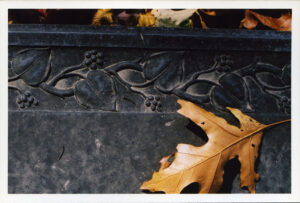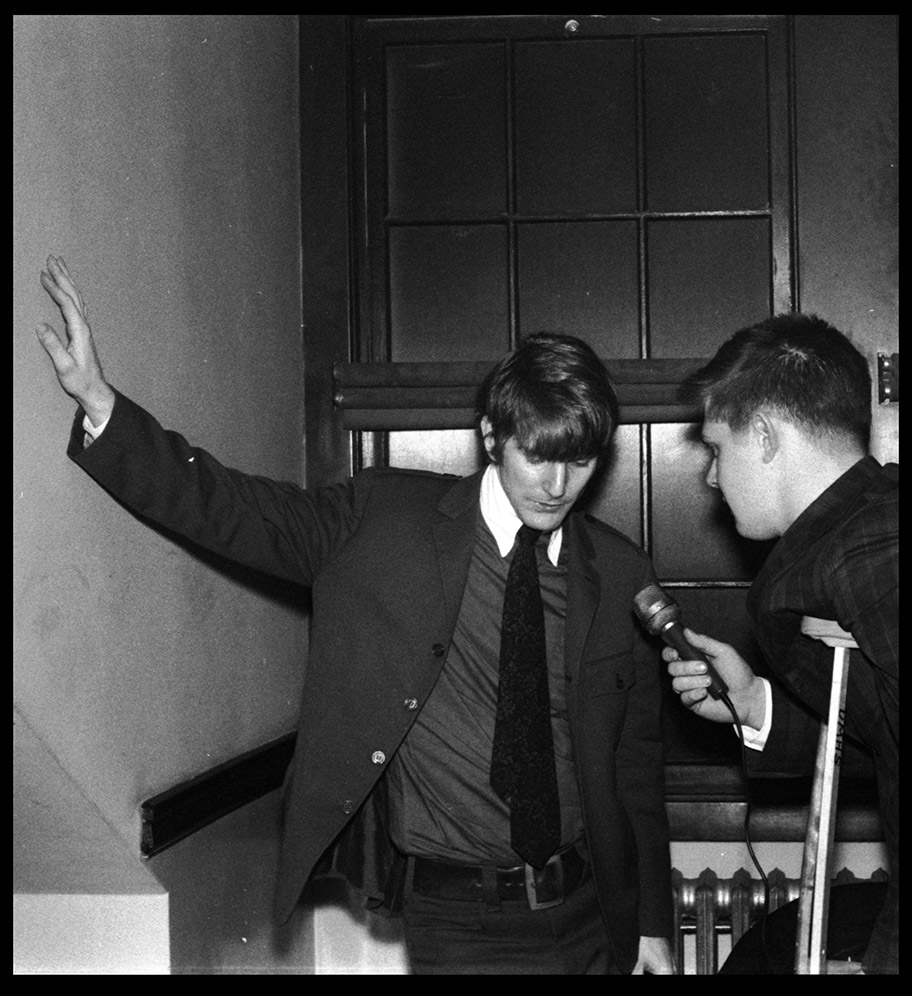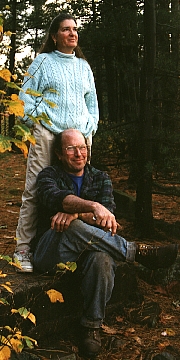Friend Drake Daybook
For most of his adult life, Capt. Friend Drake (1799-1882) farmed his property in Sharon, Mass., and raised a large family. Drake appears to have married twice, having three children with his first wife Sarah, and 10 with his second wife Sally. His son Melzar relocated to Texas in 1858 and served in the Confederate 24th Texas Cavalry during the Civil War.
Primarily a record of small purchases and labor, this daybook was kept by Friend Drake and his son Melzar — apparently interchangeably — during the years just prior to the Civil War. Interspersed throughout the text, however, are family references and interesting vignettes, including a mention of the great “Cold storm” of January 1857, which Drake called “the toughest storm I ever faced;” an agreement with a neighbor, allowing passage rights through a meadow in exchange for permission to take a valuable large white oak “root and branch;” and Melzar’s note from Oct. 25 1858 that his 121 year old grandfather Joseph Drake had died, just as Melzar was leaving for Texas.




